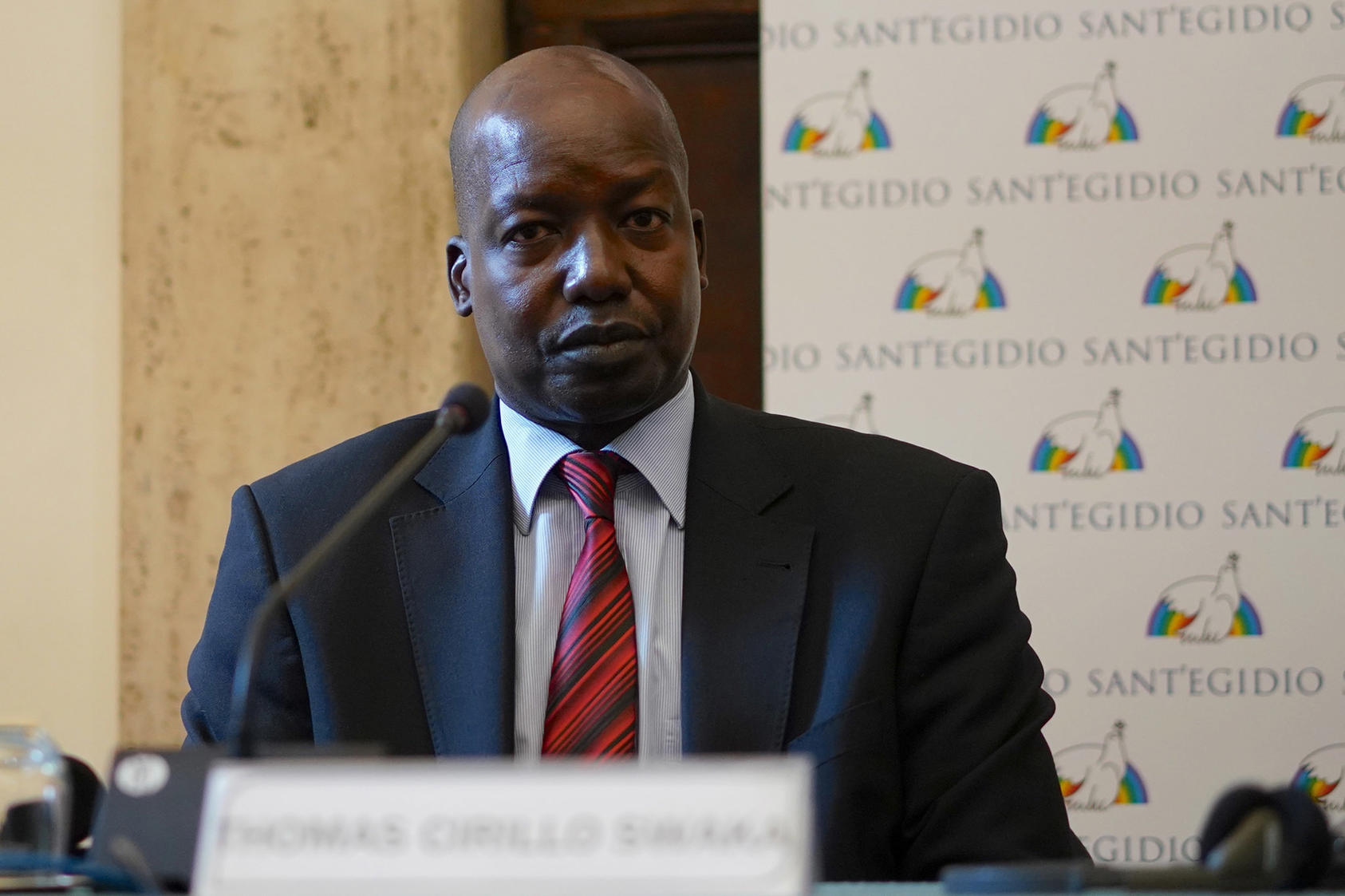Conflict and Crisis in South Sudan’s Equatoria
South Sudan’s civil war expanded into Equatoria, the country’s southernmost region, in 2016, forcing hundreds of thousands to flee into neighboring Uganda in what has been called Africa’s largest refugee exodus since the 1994 Rwandan genocide. Equatoria is now the last major hot spot in the civil war. If lasting peace is to come to South Sudan, writes Alan Boswell, it will require a peace effort that more fully reckons with the long-held grievances of Equatorians.

Summary
- In 2016, South Sudan’s war expanded explosively into the country’s southern region, Equatoria, triggering a major refugee crisis. Even after the 2018 peace deal, parts of Equatoria continue to be active hot spots for national conflict.
- The war in Equatoria does not fit neatly into the simplified narratives of South Sudan’s war as a power struggle for the center; nor will it be addressed by peacebuilding strategies built off those precepts. Most Equatorians—a collection of diverse minority ethnic groups—are fighting for more autonomy, local or regional, and a remedy to what is perceived as (primarily) Dinka hegemony.
- Equatorian elites lack the external support to viably pursue their objectives through violence. The government in Juba, meanwhile, lacks the capacity and local legitimacy to definitively stamp out the rebellion. Both sides should pursue a negotiated settlement situated within South Sudan’s transitional period.
- On a national level, conflict resolution should pursue shared sovereignty among South Sudan’s constituencies and regions, beyond power sharing among elites. To resolve underlying grievances, the political process should be expanded to include consultations with local community leaders. The constitutional reform process of South Sudan’s current transitional period therefore deserves special focus.
About the Report
This report examines the ongoing conflict in the Equatoria region of South Sudan and delineates the key actors and interests that will need to be accommodated in any attempt to resolve the crisis. Based on field research and interviews conducted in Equatoria and neighboring Uganda, the Democratic Republic of the Congo, and Kenya from 2016 to 2020, the report was sponsored by the Africa Center at the United States Institute of Peace.
About the Author
Alan Boswell is the senior analyst for South Sudan at the International Crisis Group and hosts The Horn podcast. Before that he covered South Sudan’s independence as a journalist and then served as a formal adviser to, or researcher at, the United Nations, USAID, the European Institute of Peace, the Centre for Humanitarian Dialogue, the World Peace Foundation, the United States Institute of Peace, and others.



